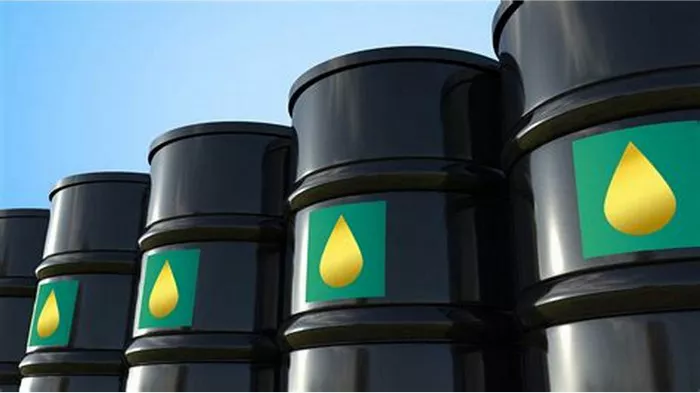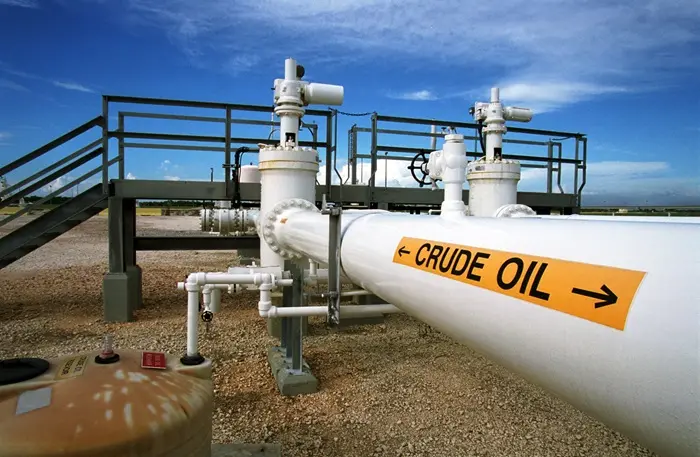Crude oil, often referred to as “black gold,” has played a pivotal role in shaping the modern world. As one of the most valuable natural resources, crude oil has a wide range of applications and benefits that extend beyond fuel. This article explores the nine major benefits of crude oil, highlighting its significance in various industries and its impact on global economies.
1. Energy Production
Primary Source of Energy
Crude oil is the primary source of energy worldwide. It is refined into various fuels, including gasoline, diesel, jet fuel, and heating oil. These fuels power vehicles, airplanes, ships, and industrial machinery. The high energy density of crude oil makes it an efficient and reliable energy source.
Power Generation
In addition to transportation fuels, crude oil is used in power generation. Oil-fired power plants convert crude oil into electricity, providing energy to millions of homes and businesses. Although renewable energy sources are gaining traction, oil remains a crucial part of the energy mix in many regions.
2. Economic Growth
Revenue Generation
Crude oil is a significant source of revenue for oil-producing countries. The sale of crude oil and petroleum products generates substantial income, which can be invested in infrastructure, healthcare, education, and other critical areas. Countries like Saudi Arabia, Russia, and Nigeria rely heavily on oil exports for their economic stability.
Job Creation
The oil industry creates millions of jobs globally. From exploration and drilling to refining and distribution, the sector employs engineers, geologists, technicians, and various other professionals. Additionally, supporting industries such as transportation, construction, and retail also benefit from oil-related activities.
See Also: 7 Things That Happen During The Distillation Process Of Crude Oil
3. Industrial Applications
Petrochemicals
Crude oil is a key raw material in the production of petrochemicals. These chemicals are used to manufacture a wide range of products, including plastics, synthetic fibers, rubber, fertilizers, and pharmaceuticals. The versatility of petrochemicals underscores the importance of crude oil in the industrial sector.
Lubricants and Greases
Refined crude oil produces lubricants and greases essential for reducing friction in machinery and engines. These products ensure the smooth operation of vehicles, industrial equipment, and household appliances. The reliability and efficiency of mechanical systems depend significantly on oil-derived lubricants.
4. Transportation
Fuel for Vehicles
Crude oil derivatives, such as gasoline and diesel, are the primary fuels for automobiles, trucks, and motorcycles. The widespread availability of these fuels supports personal mobility, commerce, and trade. The transportation sector’s dependence on oil highlights its critical role in daily life.
Aviation and Marine Fuel
The aviation and maritime industries rely heavily on crude oil-based fuels. Jet fuel powers commercial and military aircraft, while marine diesel fuels cargo ships, tankers, and fishing vessels. These sectors are integral to global trade and connectivity, emphasizing the importance of oil in international logistics.
5. Heating and Cooking
Residential Heating
Crude oil is used to produce heating oil, which is a major source of residential heating in many countries. Heating oil is stored in tanks and used in furnaces to warm homes during cold weather. This application is particularly prevalent in regions with harsh winters, where reliable heating is crucial.
Cooking Fuel
In some parts of the world, crude oil derivatives like liquefied petroleum gas (LPG) are commonly used for cooking. LPG is a clean and efficient fuel that is easy to transport and store. It provides a convenient and reliable source of energy for households, especially in rural and remote areas.
6. Technological Advancements
Innovations in Exploration and Production
The oil industry has driven significant technological advancements in exploration and production. Innovations such as seismic imaging, horizontal drilling, and hydraulic fracturing have revolutionized the ability to locate and extract oil reserves. These technologies have increased efficiency and reduced environmental impact.
Research and Development
Crude oil has spurred extensive research and development efforts. The pursuit of more efficient extraction methods, better refining techniques, and alternative uses for oil byproducts has led to scientific breakthroughs. The oil sector’s emphasis on innovation continues to contribute to technological progress in various fields.
7. Global Trade and Diplomacy
Strategic Resource
Crude oil is a strategic resource that influences global trade and diplomacy. Oil-exporting countries wield significant geopolitical power, while oil-importing nations prioritize securing stable supplies. The importance of oil in international relations underscores its role in shaping global policies and alliances.
Trade Balance
For many countries, crude oil exports are vital for maintaining a positive trade balance. The revenue from oil exports helps offset the cost of imports, contributing to economic stability. Countries like Canada and Norway benefit from their oil export revenues, which support their broader economic goals.
8. Infrastructure Development
Investment in Infrastructure
The oil industry drives infrastructure development. Revenues from crude oil support the construction of roads, bridges, ports, and pipelines. These investments improve transportation networks, enhance connectivity, and stimulate economic growth. Infrastructure projects funded by oil revenues have long-term benefits for society.
Technological Infrastructure
The oil sector also contributes to the development of technological infrastructure. Oil companies invest in advanced facilities, including refineries, petrochemical plants, and storage terminals. These investments support industrial activities and provide the foundation for future technological advancements.
9. National Security
Energy Security
Crude oil is essential for national energy security. Countries with significant oil reserves can ensure a stable energy supply, reducing dependence on foreign sources. Strategic petroleum reserves act as a buffer against supply disruptions, enhancing energy resilience.
Military Applications
Crude oil and its derivatives are critical for military operations. Jet fuel, diesel, and lubricants are necessary for the functioning of military aircraft, vehicles, and equipment. Ensuring a reliable supply of oil is a strategic priority for national defense.
Conclusion
Crude oil’s benefits extend far beyond its role as a fuel source. It drives economic growth, supports industrial activities, and influences global trade and diplomacy. The versatility and significance of crude oil underscore its enduring importance in modern society. As the world transitions to cleaner energy sources, understanding the benefits of crude oil remains essential for navigating the complexities of the global energy landscape.
Related topics:































